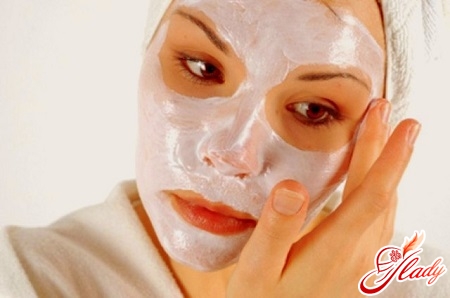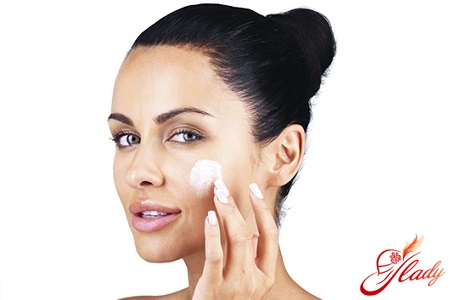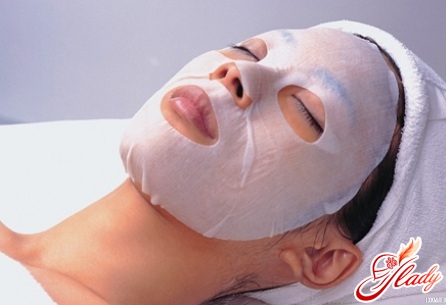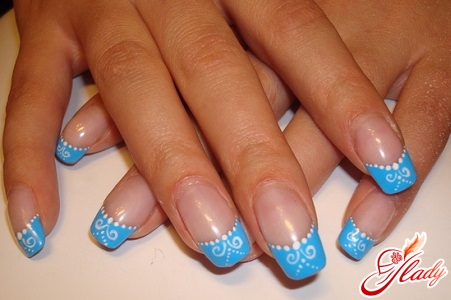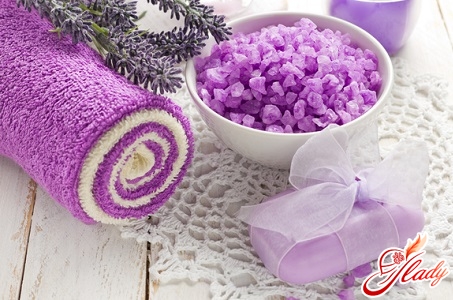 We use cosmetics for our face, hands andlegs, for hair; but there is also something for intimate areas. The high demand for cosmetics for the hygiene of delicate areas confirms its necessity. Currently, there are many types of gels and soaps for the care of the delicate part of the body; but tar soap for intimate hygiene does not give up its positions to all the newfangled products. But before we begin to talk about it, I would like to talk to you about the importance of caring for your own body for your health.
We use cosmetics for our face, hands andlegs, for hair; but there is also something for intimate areas. The high demand for cosmetics for the hygiene of delicate areas confirms its necessity. Currently, there are many types of gels and soaps for the care of the delicate part of the body; but tar soap for intimate hygiene does not give up its positions to all the newfangled products. But before we begin to talk about it, I would like to talk to you about the importance of caring for your own body for your health.
The importance of hygiene for human health
Hygiene as a science deals with observation andstudying the relationship between human health and all sorts of factors that can affect it. There are several types of hygiene: mental hygiene, environmental and personal; and your health depends on the correct observance of each of them. Personal hygiene is of particular importance for maintaining health; these are specific habits and skills acquired since childhood that not only help prevent many diseases and problems, but can even affect how a person will be perceived in their social environment. Skin care is of particular importance. The skin is the main natural barrier that protects our internal organs and systems from external influences. The skin prevents the invasion of bacteria and other harmful microorganisms into the body. It itself is protected by a thin fatty film. "Old" fat, mixing with sweat and dirt, creates an ideal nutrient medium in which bacteria and microbes grow rapidly. Clean skin performs its functions much better than dirty skin. With the help of soap or gels, dirt is easily washed off the surface of the body; the skin is freed not only from dirt, but also from unpleasant odor. Therefore, it is necessary to wash daily all parts of the body where dirt, fat and all kinds of secretions accumulate: hands, feet, armpits, all folds of skin and, of course, the genital area and anus. It is necessary to take into account that the intimate area should be cleaned with the help of specially developed products.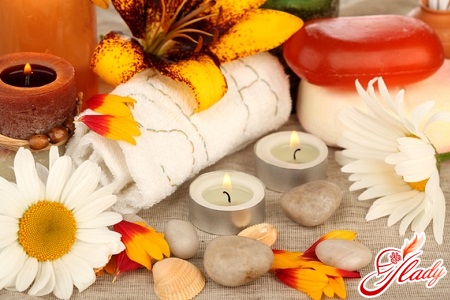
Why delicate cosmetics?
The fact is that the normal microflora of the vagina90% consists of lactobacilli, which secrete lactic acid. The environment they create kills most pathogenic microbes. Soap has a detrimental effect on lactobacilli, destroying them. The environment in the vagina becomes alkaline. Microbes populate this environment, and not always useful ones. The consequence is dysbacteriosis. Hence the occurrence of various female ailments: thrush, vaginitis, sexually transmitted diseases. Intimate products preserve and help maintain normal pH levels (3.3). Intimate soap can be either liquid or solid. It moisturizes and necessarily contains antiseptic additives, thereby preventing the possibility of some inflammatory diseases. Soap can contain herbal extracts, minerals, vitamins. Such additives promote the healing of microcracks and enhance blood circulation in the tissues. Intimate hygiene gels are mainly intended to moisturize the mucous membrane of the genitals and effectively tone it. Gels have more effective bactericidal properties. Therefore, they should be used after each visit to a pond, bathhouse, swimming pool, shower. Most gels contain herbal components of medicinal herbs or oils. When buying a gel, pay attention to the composition, since the concentration of herbal extracts in them is usually very high. Lubricant gels are designed to moisturize the intimate area, they do not require rinsing. They must be used immediately before sexual contact, which should occur without various kinds of discomfort that can kill the pleasure. The absence of natural vaginal moisture during intercourse may indicate that a woman has some diseases or psychological disorders. In addition to soap and gels, there are other means for intimate hygiene: intimate foam made from various oils; intimate spray that does not contain alcohol; wipes soaked in a solution of extracts of herbs such as chamomile and calendula; applicators containing a gel with an antibacterial effect. Those who suffer from allergies and have sensitive skin should use intimate cosmetics with caution. There are special products specifically for sensitive skin. People who have an allergic reaction to an alkaline environment and who cannot use soap will benefit from hypoallergenic intimate cosmetics. There are people who simply need to use intimate cosmetics. These include:
- people with diseases of the intimate sphere, fungal lesions;
- people with low immunity;
- people who have been treated with antibiotics (to prevent dysbacteriosis);
- Men and women experiencing certain difficulties in sexual life;
- pregnant women.
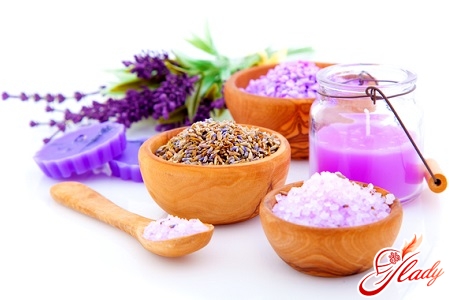
Tar soap and its properties
Tar soap is unlikely to be used for intimate hygienewould win a "beauty contest" among all other intimate hygiene products. It is brown, which hardly adds to its appeal. So why are we talking about it? What makes it so special? The answer to these questions is simple - the amazing healing properties of this soap make it worthy of your attention:
- Birch tar was well known for itsrestorative qualities for many centuries. It is used to treat skin diseases that make up an impressive long list: it is acne, seborrhea, psoriasis, dandruff, itching and others. Tar delicately exfoliates old dead skin and stimulates cell renewal. The skin under the influence of birch tar becomes smooth, smooth, radiant and very beautiful.
- Birch tar is an excellent diuretic, it is used to detoxify the body and its purification. Tar improves blood circulation and prevents accumulation of toxins in muscles and skin.
- As a disinfectant and antiseptic, birch tar can be applied on small wounds and cuts to prevent inflammatory and purulent processes and accelerate the healing process.
- Birch tar improves the blood supply of tissues andstimulates the regeneration of the epidermis. And the medicinal properties of tar are not limited to those mentioned above; it is not only a cleansing, disinfectant and diuretic, but also an anesthetic, antiseptic, insecticidal and antipyretic.
And almost all of these properties of tar are preserved.and in intimate hygiene soap! Although the color of the soap can hardly be called pleasant, its smell is very attractive: "smoky", warm, slightly astringent - this is exactly what tar soap smells like. Its smell will bring back memories of a warm and cozy fire in a winter clearing, if you have ever been in the forest in winter. Of course, if you do not want your entire bathroom to be saturated with such a specific smell, you will need to tightly close the soap dish or screw the lid of the bottle. But if you do not mind the smell of smoke and fire, then you can, on the contrary, leave the soap open. In Finland, for example, where birch tar is incredibly popular, everyone is sure that its smell is quite pleasant. Many local intimate hygiene products and even food products contain birch tar or oils containing it. Yes, we are not only talking about shampoos, perfumes, soaps and lotions, but also about beer, ice cream and even candy! There is even a Finnish proverb that praises the healing properties of birch tar and can be translated approximately as follows: “If vodka, sauna and birch tar do not cure you, then nothing will help you!” But we must also warn you that birch tar can irritate sensitive skin, especially if you increase its concentration. If you decide to use tar soap for intimate hygiene, first conduct a “test” on a small area of skin. And if irritation does not appear, then you can safely use this truly wonderful product, which was used by our distant ancestors. Next time, when you go to the store or pharmacy for another cosmetic product, do not forget to buy soap for intimate hygiene. And you will make a good choice if this soap is tar soap! We recommend reading:






